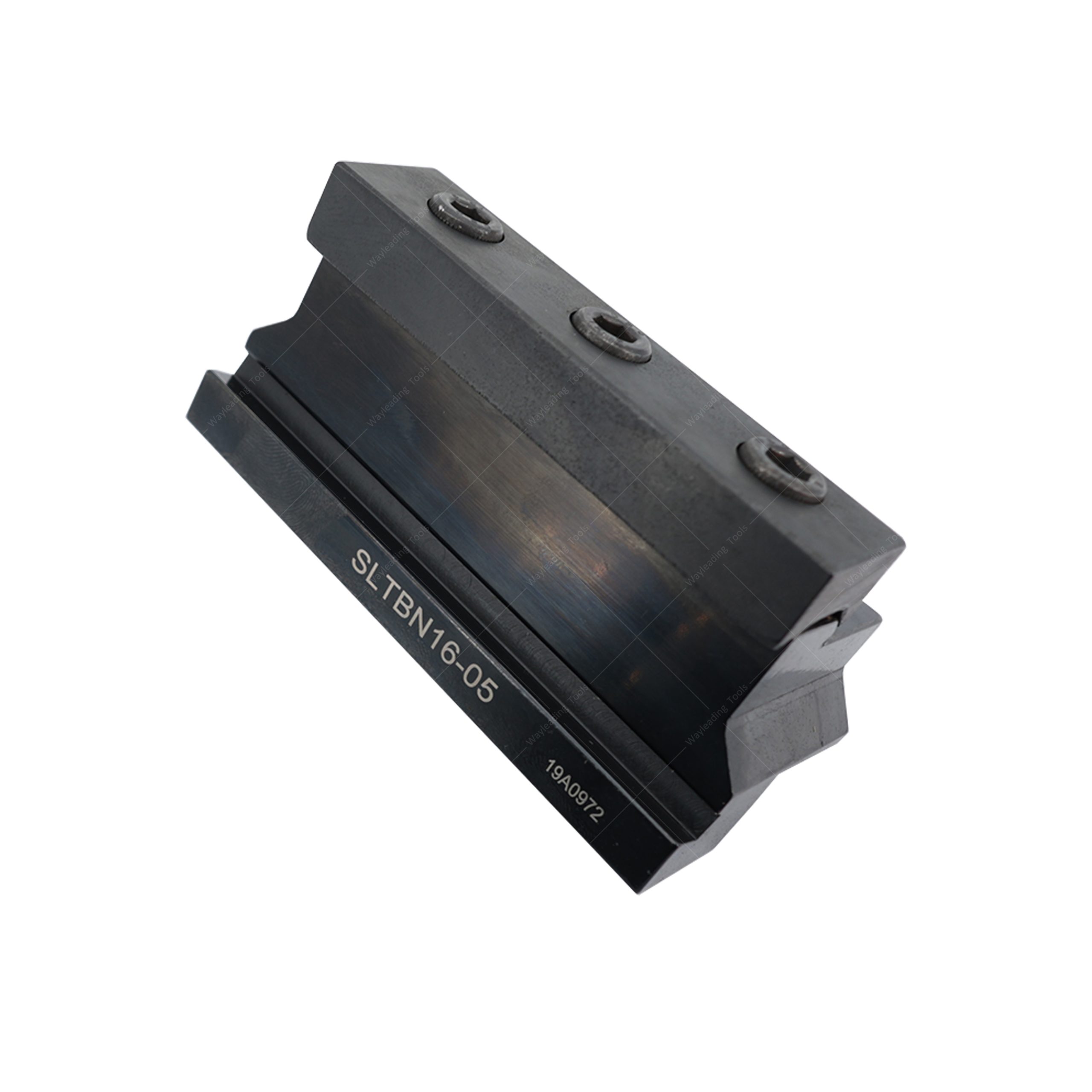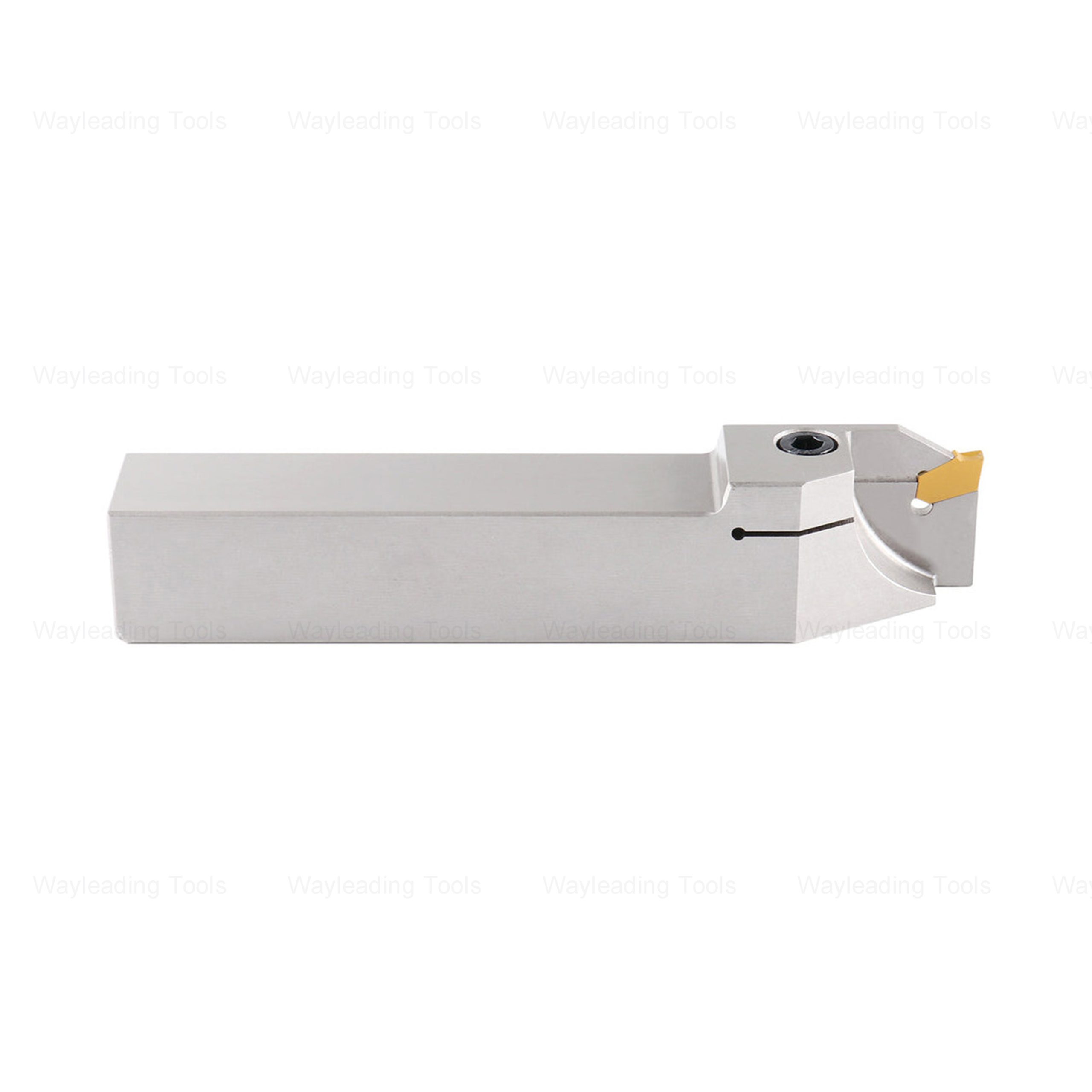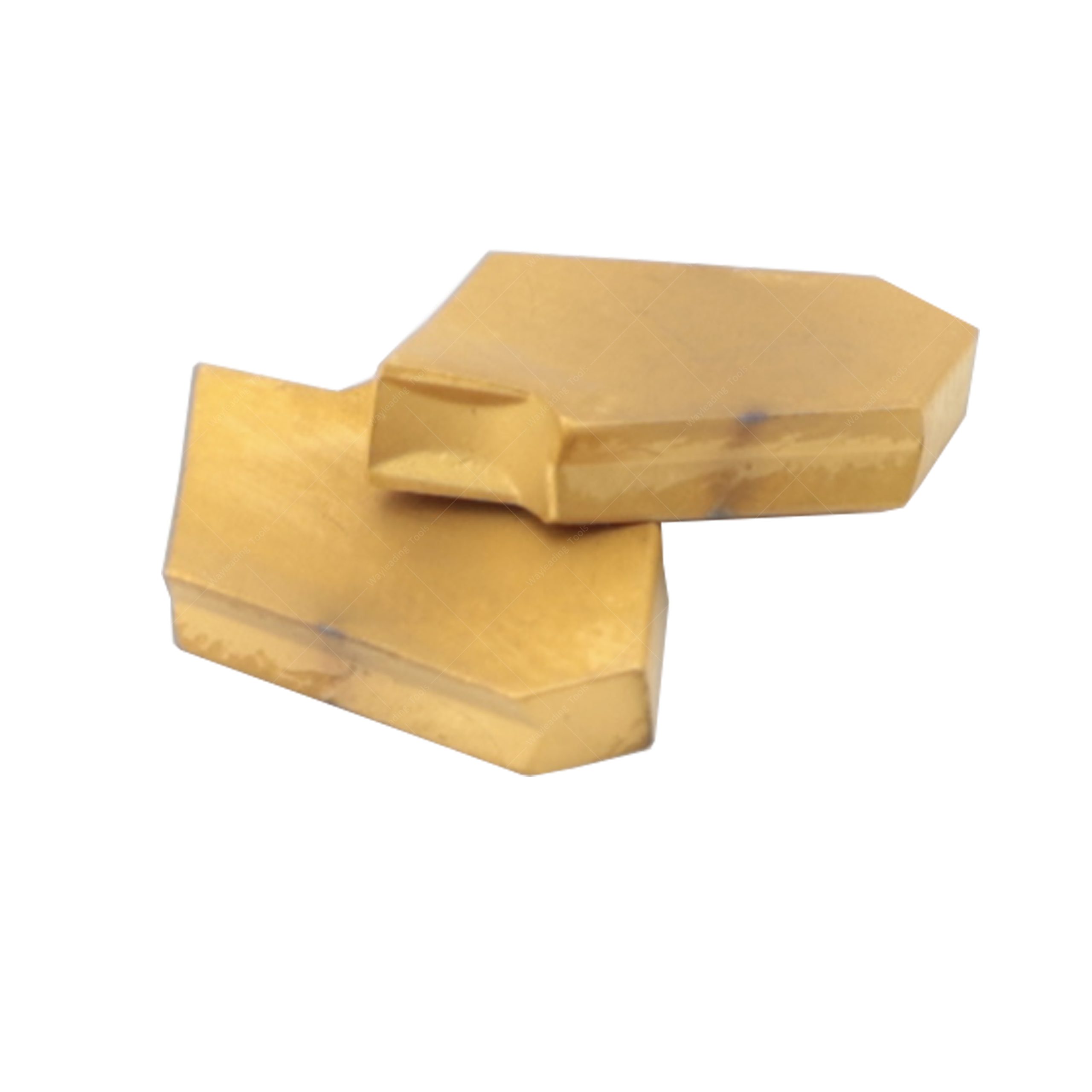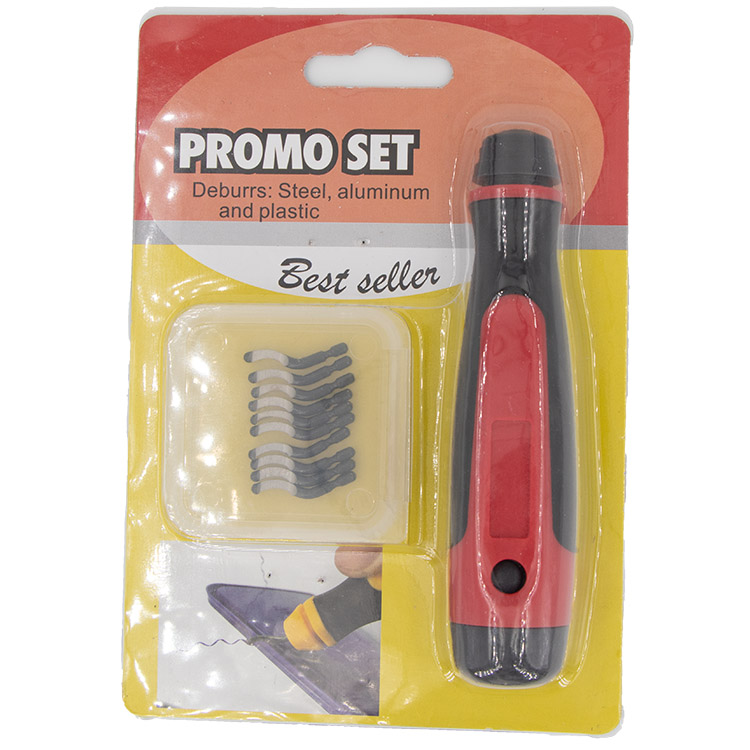Collets Factory
A collets factory specializes in the manufacturing of precision workholding devices known as collets. Collets are used to securely hold tools or workpieces in various machining operations, ensuring accuracy and stability. They are essential components in CNC machines, lathes, milling machines, and other precision equipment. This guide delves into the world of collets factory operations, covering different types of collets, their applications, and the factors to consider when choosing the right collet for your needs.
Understanding Collets and Their Role in Machining
Collets are precision sleeves or chucks designed to hold a workpiece or cutting tool securely. They are tightened around the object, providing a concentric grip. This ensures minimal runout and precise machining results. A reputable collets factory ensures that their products meet strict tolerance standards to guarantee optimal performance.
Types of Collets
Several types of collets cater to different machining needs:
- ER Collets: The most popular type, offering a wide clamping range and versatility. Available in various sizes (ER8, ER11, ER16, ER20, ER25, ER32, ER40, ER50).
- DA Collets: Designed for high-speed machining and precision applications.
- TG Collets: Known for their high gripping force and rigidity, suitable for heavy-duty machining.
- 5C Collets: A standard for lathes, providing accurate workholding.
- R8 Collets: Commonly used in milling machines for holding end mills and other tools.
- Morse Taper Collets: Used to hold tools with a Morse taper shank.
Applications of Collets
Collets are used in a wide range of machining applications, including:
- CNC Machining: Holding cutting tools and workpieces in CNC milling machines, lathes, and routers.
- Turning: Securing workpieces in lathes for turning, facing, and threading operations.
- Milling: Holding end mills, drills, and other cutting tools in milling machines.
- Grinding: Holding workpieces during grinding operations.
- Drilling: Securing drills in drilling machines.
What to Consider When Choosing a Collets Factory
Selecting the right collets factory is crucial for ensuring the quality and performance of your machining operations. Here are some key factors to consider:
- Quality and Precision: The collets factory should have a reputation for producing high-quality collets with tight tolerances. Look for certifications like ISO 9001.
- Material: The collet material affects its durability and performance. Common materials include spring steel, hardened steel, and stainless steel.
- Collet Type and Size: Choose a factory that offers a wide range of collet types and sizes to meet your specific needs.
- Customization: If you require custom collets, ensure the factory has the capabilities to design and manufacture them to your specifications.
- Price and Lead Time: Compare prices and lead times from different factories to find the best value for your budget and schedule.
- Customer Support: Choose a factory with responsive customer support to address any questions or concerns.
Working with Wayleading Tools for Your Collet Needs
Wayleading Tools is a leading supplier of high-quality collets and other precision machining tools. Our experienced team can help you select the right collets for your specific application. We offer a wide range of ER collets, DA collets, TG collets, 5C collets, and R8 collets, as well as custom collet solutions. Visit www.wayleading.com to explore our catalog and learn more about our capabilities. Our collets factory partners ensure every product meets rigorous standards.
Collet Material Comparison
Different materials are used in collets factory production. Here's a simple comparison:
| Material | Advantages | Disadvantages | Common Applications |
|---|---|---|---|
| Spring Steel | Good elasticity, relatively low cost | Lower hardness, less wear resistance | General purpose machining, light-duty applications |
| Hardened Steel | High hardness, good wear resistance | More brittle than spring steel, higher cost | Heavy-duty machining, high-precision applications |
| Stainless Steel | Corrosion resistance, good for wet machining | Lower hardness than hardened steel, higher cost | Medical, food processing, and other applications requiring corrosion resistance |
Maintaining Your Collets
Proper maintenance can extend the life of your collets and ensure optimal performance. Here are some tips:
- Cleanliness: Keep collets clean and free of chips, dirt, and coolant. Use a soft brush or compressed air to remove debris.
- Lubrication: Apply a thin layer of oil or grease to the collet threads and clamping surfaces.
- Storage: Store collets in a dry, protected environment.
- Inspection: Regularly inspect collets for wear, damage, or corrosion. Replace worn or damaged collets immediately.
Troubleshooting Common Collet Problems
Here are some common collet problems and their solutions:
- Slippage: Slippage can occur if the collet is not tightened properly or if the workpiece is too smooth. Ensure the collet is tightened to the correct torque and consider using a workpiece with a rougher surface finish.
- Runout: Runout can be caused by a damaged collet, a dirty collet, or a misalignment of the spindle. Inspect the collet for damage, clean it thoroughly, and ensure the spindle is properly aligned.
- Vibration: Vibration can be caused by a loose collet, an unbalanced workpiece, or excessive cutting forces. Tighten the collet securely, balance the workpiece, and reduce cutting forces.
The Future of Collets Factories
The collets factory landscape is constantly evolving, with advancements in materials, manufacturing processes, and automation. Expect to see:
- Increased use of advanced materials: Such as ceramics and composites, for improved performance and durability.
- More automation in manufacturing: For increased efficiency and reduced costs.
- Smart collets: Equipped with sensors to monitor clamping force and other parameters.
Choosing the right collets factory and understanding the intricacies of collet technology are crucial for achieving precision and efficiency in your machining operations. Whether you're working with a CNC machine or a manual lathe, the right collet can make all the difference. Reach out to Wayleading Tools for expert guidance and high-quality collet solutions.
1 Data parameters regarding specific collet sizes and materials were sourced from the official catalogs and technical specifications provided by various collet manufacturers. Always refer to the manufacturer's documentation for the most accurate and up-to-date information.
Related products
Related products
Best selling products
Best selling products-
 Metric HSS Annular Cutters With Weldon Shank For Metal Cutting
Metric HSS Annular Cutters With Weldon Shank For Metal Cutting -
 HSS Metric 4 Flute End Mills With Bright Or TiN And TiAlN Coated
HSS Metric 4 Flute End Mills With Bright Or TiN And TiAlN Coated -
 MT-APU Drill Chuck Holder With Keyless Type
MT-APU Drill Chuck Holder With Keyless Type -
 Metric HSS Step Drills With Straight Flute
Metric HSS Step Drills With Straight Flute -
 Type K-90 Degree Cone Tungsten Carbide Rotary Burr
Type K-90 Degree Cone Tungsten Carbide Rotary Burr -
 HSS Involute Spline Cutter With PA30
HSS Involute Spline Cutter With PA30 -
 HSS Metric Taper Shank Twist Drills for High-Precision Metal Cutting
HSS Metric Taper Shank Twist Drills for High-Precision Metal Cutting -
 Precision V Block And Clamps Set With High Quality Type
Precision V Block And Clamps Set With High Quality Type -
 F1 Precision Boring Head With Metric & Inch
F1 Precision Boring Head With Metric & Inch -
 ANSI B94 HSS Jobber Length Drill Bits Fully Ground
ANSI B94 HSS Jobber Length Drill Bits Fully Ground -
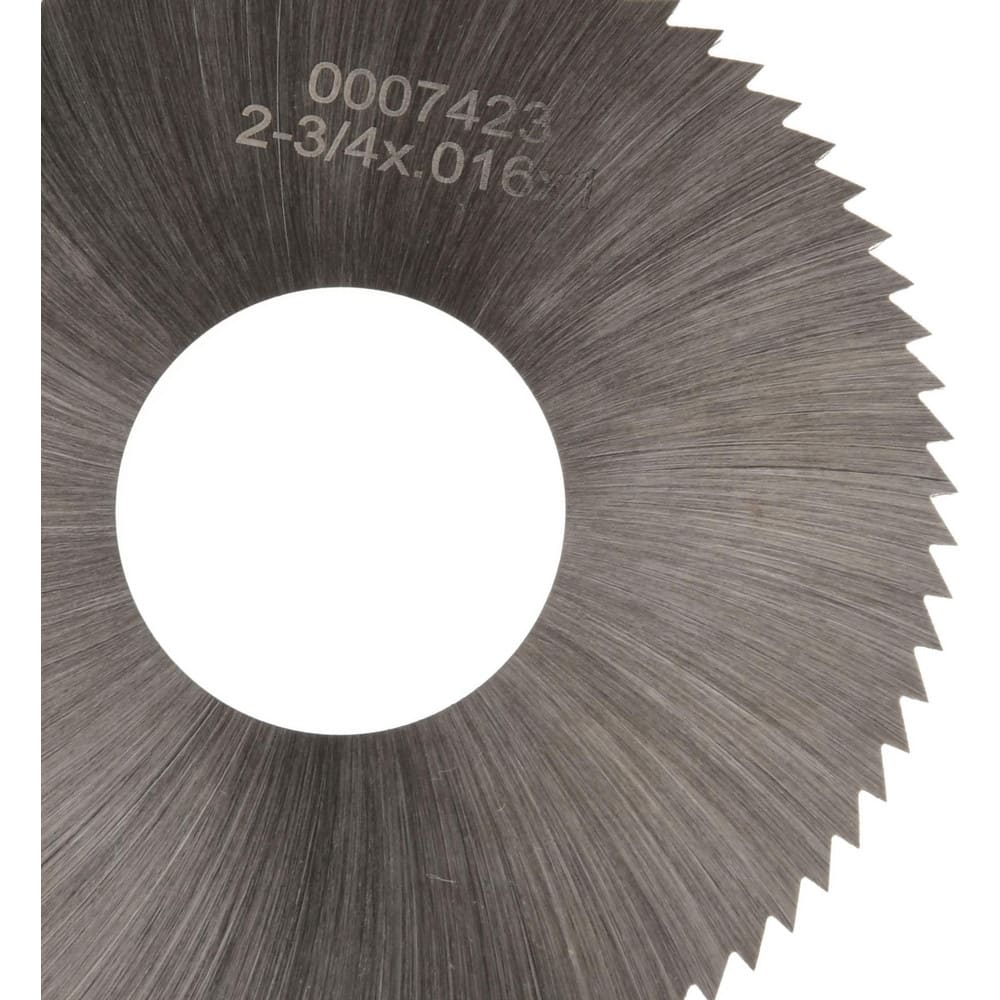 HSS Inch Plain Metal Slitting Saws For Industrial
HSS Inch Plain Metal Slitting Saws For Industrial -
 Precision Vernier Caliper With Nib Style Jaws Of Metric & Imperial For Industrial
Precision Vernier Caliper With Nib Style Jaws Of Metric & Imperial For Industrial



